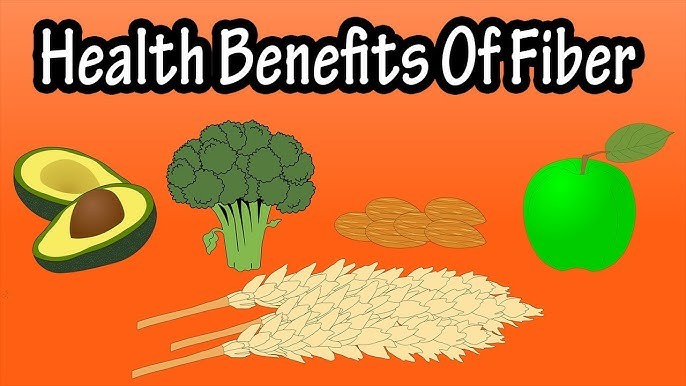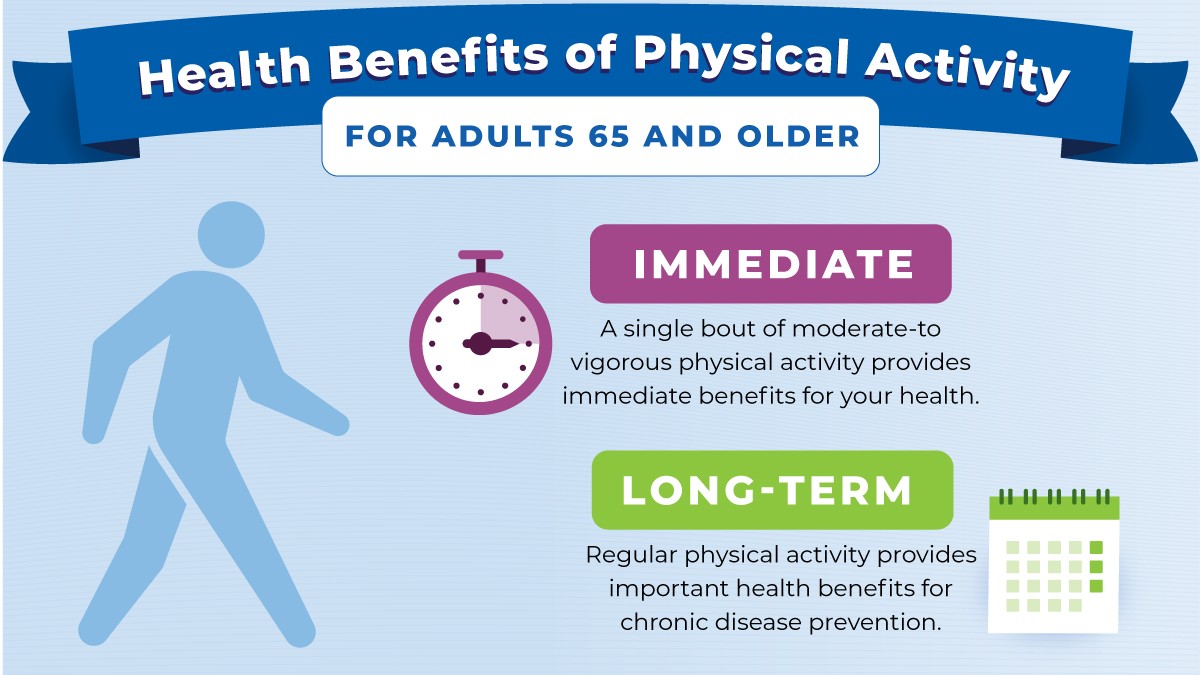In the relentless pursuit of peak performance, both personally and professionally, many individuals meticulously optimize their routines, from exercise regimens to productivity hacks. Yet, one fundamental aspect often overlooked, despite its profound impact on overall well-being and sustained energy, is the role of dietary fiber. Far from being a mere digestive aid, fiber is a powerful, yet unsung, hero in our daily diet, offering a cascade of benefits that can significantly enhance our physical health, cognitive function, and even our longevity. Understanding and integrating more fiber into your diet is not just a nutritional recommendation; it’s a strategic investment in your long-term health portfolio.
One of the most immediate and well-known advantages of increasing fiber intake revolves around digestive health. Dietary fiber, both soluble and insoluble, acts like a skilled logistics manager within our digestive system. Insoluble fiber, found in the skins of fruits, vegetables, and whole grains, adds bulk to stool, facilitating its smooth passage through the intestines and preventing constipation. This efficient internal “transit system” reduces the risk of common discomforts such as bloating and irregular bowel movements, which can be surprisingly disruptive to focus and productivity during a busy workday. Soluble fiber, present in oats, beans, and apples, absorbs water to form a gel-like substance, softening stool and aiding in regularity. A well-functioning digestive system is foundational to feeling light, energized, and ready to tackle professional challenges without the nagging distraction of internal discomfort.
Beyond its mechanical role, fiber plays a critical part in maintaining a healthy gut microbiome, which is increasingly recognized as a cornerstone of overall health. Our gut is home to trillions of bacteria, a complex ecosystem that profoundly influences everything from nutrient absorption to immune function and even mood. Fiber acts as a prebiotic, serving as nourishment for these beneficial gut bacteria. When these good bacteria thrive, they produce short-chain fatty acids, which have anti-inflammatory properties and contribute to the integrity of the gut lining. Think of it as cultivating a high-performing team within your own body; a healthy gut flora is essential for optimal internal operations. This symbiotic relationship not only bolsters our immune system, making us less susceptible to illness, but emerging research also links a balanced gut microbiome to improved mental well-being, potentially influencing conditions like anxiety and depression. For professionals navigating high-stress environments, this internal resilience can be an invaluable asset.
Another compelling benefit of a fiber-rich diet is its significant contribution to blood sugar regulation. This is particularly relevant for maintaining consistent energy levels throughout the day, avoiding the dreaded mid-afternoon slump that often plagues individuals after a carbohydrate-heavy, low-fiber meal. Soluble fiber, in particular, slows down the absorption of sugar into the bloodstream. This creates a more gradual and sustained release of glucose, preventing the sharp spikes and subsequent crashes that can lead to fatigue, irritability, and difficulty concentrating. For those engaged in mentally demanding tasks, stable blood sugar translates directly into improved focus, sustained cognitive function, and enhanced decision-making capabilities. It’s akin to having a steady power supply for your internal systems, rather than experiencing frequent brownouts.
Furthermore, increasing fiber intake is a powerful strategy for weight management and satiety. Foods high in fiber often require more chewing, which can slow down eating and allow the body more time to register fullness. Moreover, fiber adds bulk to meals without adding significant calories, making you feel fuller for longer. This natural satiating effect helps reduce overall calorie intake by curbing overeating and minimizing the urge for unhealthy snacking between meals. For individuals aiming to maintain a healthy weight, which in turn contributes to reduced risk of chronic diseases and increased mobility, fiber is an indispensable tool. It’s a sustainable approach to weight management, fostering a sense of control and healthy habits rather than relying on restrictive or unsustainable diets.
Perhaps one of the most impactful, long-term benefits of a high-fiber diet is its role in reducing the risk of chronic diseases, including heart disease, type 2 diabetes, and certain cancers. Soluble fiber helps lower LDL (“bad”) cholesterol by binding with cholesterol particles in the digestive tract and facilitating their excretion from the body. This protective effect on cardiovascular health is a significant factor in promoting longevity and reducing the burden of future health complications. Similarly, by improving blood sugar control, fiber acts as a strong defense against the development of insulin resistance and type 2 diabetes. The evidence also suggests a link between higher fiber intake and a reduced risk of colorectal cancer, likely due to fiber’s role in promoting regular bowel movements and reducing the exposure of the colon to potential carcinogens.
In essence, integrating more fiber into your daily diet is not merely about ticking a nutritional box; it’s about making a strategic investment in your overall health and performance. From optimizing digestive efficiency and nurturing a thriving gut microbiome to stabilizing energy levels, aiding in weight management, and significantly reducing the risk of chronic diseases, the benefits are expansive and interconnected. Just as a well-managed business invests in robust infrastructure and efficient processes, individuals committed to sustained well-being should prioritize a fiber-rich diet. It’s a simple, yet profoundly effective, pathway to greater vitality, resilience, and a more energetic engagement with both your professional ambitions and your personal life.




